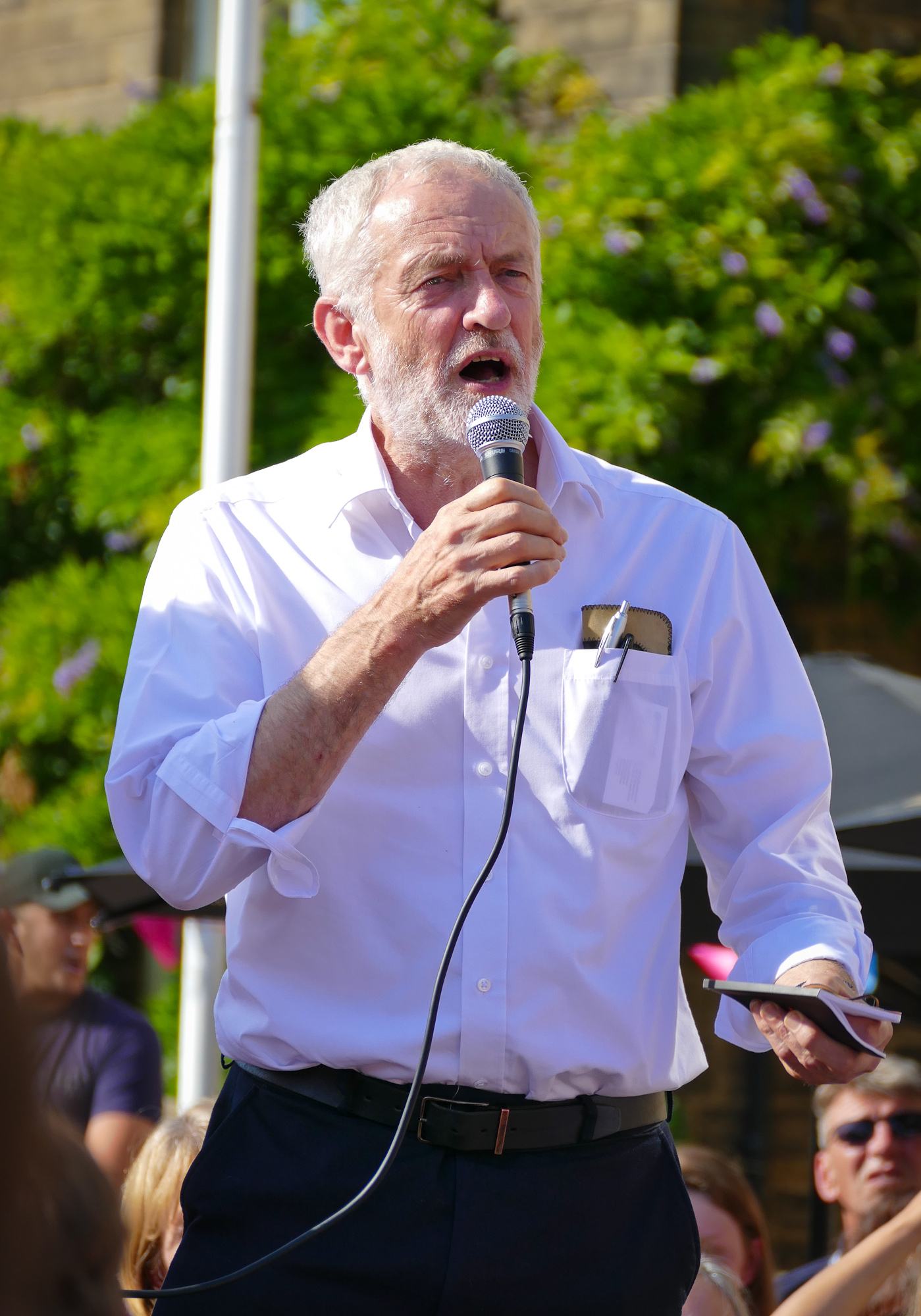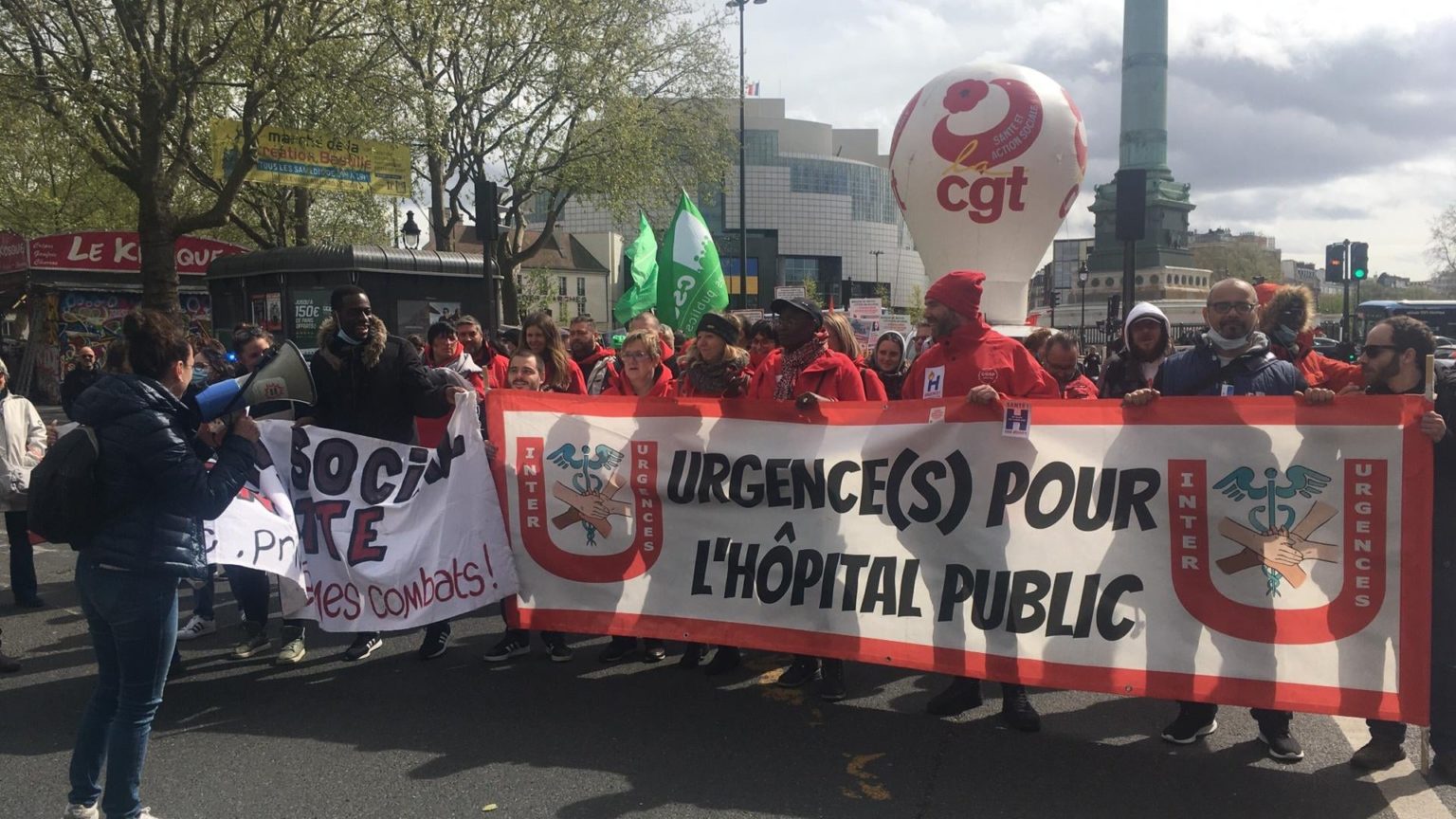World ‘Cannot Remain Silent in the Face of This Endless Massacre,’ Says Lula
Original article by JAKE JOHNSON republished from Common Dreams under Creative Commons (CC BY-NC-ND 3.0).

(Photo: Ashraf Amra/Anadolu via Getty Images)
“The Israeli government continues to sabotage the peace process and the cease-fire in the Middle East,” said the Brazilian president after a deadly weekend of bombings.
Brazilian President Luiz Inácio Lula da Silva condemned the Israeli government on Sunday after bombings across the Gaza Strip killed more than 140 people and wounded hundreds more, adding to the gruesome death toll and worsening the enclave’s humanitarian emergency as cease-fire talks continue.
Lula specifically decried Israel’s Saturday attack on al-Mawasi, an overcrowded town on Gaza’s southern coast to which Israeli forces previously ordered Palestinians to flee. Israel claimed to be targeting Hamas’ military chief in the attack; Hamas said Sunday that the commander was not harmed in the strikes, which killed around 90 people—including children.
The New York Times reported that one of the Israeli strikes “exploded directly in front of two vehicles clearly marked as belonging to Gaza Civil Defense, an emergency services agency, spraying them with shrapnel and apparently killing and injuring first responders.”
Lula said Sunday that “the Israeli government continues to sabotage the peace process and the cease-fire [negotiations] in the Middle East” with its relentless bombing campaign in the Gaza Strip, which has been utterly decimated by Israel’s assault—a military campaign fueled by billions of dollars of weaponry from the United States, Germany, and other major countries.
“It is appalling that they continue to collectively punish the Palestinian people,” Brazil’s president said. “There have already been tens of thousands of deaths in consecutive attacks since last year, many of them in delimited humanitarian zones that should be protected.”
“We, the political leaders of the democratic world, cannot remain silent in the face of this endless massacre,” he added. “The cease-fire and peace in the region need to be priorities on the international agenda. All our efforts must be focused on securing the release of the Israeli hostages and ending the attacks on the Gaza Strip.”
Brazil under Lula’s leadership has backed the South Africa-led genocide case against Israel at the International Court of Justice and been a vocal supporter of a permanent cease-fire and an end to Israel’s decadeslong occupation of Palestinian territory.
“I saw toddlers who are double amputees, children paralyzed and unable to receive treatment, and others separated from their parents.”
Israel’s weekend onslaught in Gaza came as “Hamas and Israel appear closer to some form of a Gaza cease-fire deal than at any time since the brief truce last November,” as Drop Site‘s Jeremy Scahill put it late last week.
“Hamas is considering an approach that would not immediately require a commitment to a permanent cease-fire and complete withdrawal of Israeli forces from Gaza as a precondition to move forward in phased negotiations,” Scahill reported. “This would mark a significant concession by Hamas, which has long insisted any agreement must include defined steps that end Israel’s war. Instead, Hamas officials said, they would consider entering an initial six-week phase that would include a conditional cease-fire and an exchange of Israeli civilian and female soldiers held in Gaza in return for the release of hundreds of Palestinians.”
The Associated Press reported Sunday that Hamas—which led the deadly October 7 attack on Israel—intends to keep participating in cease-fire talks in the face of incessant Israeli airstrikes, though a spokesperson for the group said there is “no doubt that the horrific massacres will impact any efforts in the negotiations.”
Scott Anderson, the United Nations’ deputy humanitarian coordinator, described the appalling scene he witnessed over the weekend at Nasser Hospital, the overwhelmed medical facility in southern Gaza where many wounded Palestinians were taken following Israel’s Saturday attack on al-Mawasi.
“With not enough beds, hygiene equipment, sheeting, or scrubs, many patients were treated on the ground without disinfectants,” said Anderson. “Ventilation systems were switched off due to a lack of electricity and fuel, and the air was filled with the smell of blood. I saw toddlers who are double amputees, children paralyzed and unable to receive treatment, and others separated from their parents. I also saw mothers and fathers who were unsure if their children were alive. Parents told me in despair that they had moved into the ‘so-called humanitarian zone’ in the hope that their children would be safe there.”
“Impediments to humanitarian operations prevent us from supporting people anywhere near the scale necessary,” Anderson continued. “Civilians must be protected at all times. We urgently need a cease-fire, the release of all remaining hostages, respite for the people of Gaza, and a meaningful opportunity for healing to begin.”
Original article by JAKE JOHNSON republished from Common Dreams under Creative Commons (CC BY-NC-ND 3.0).



